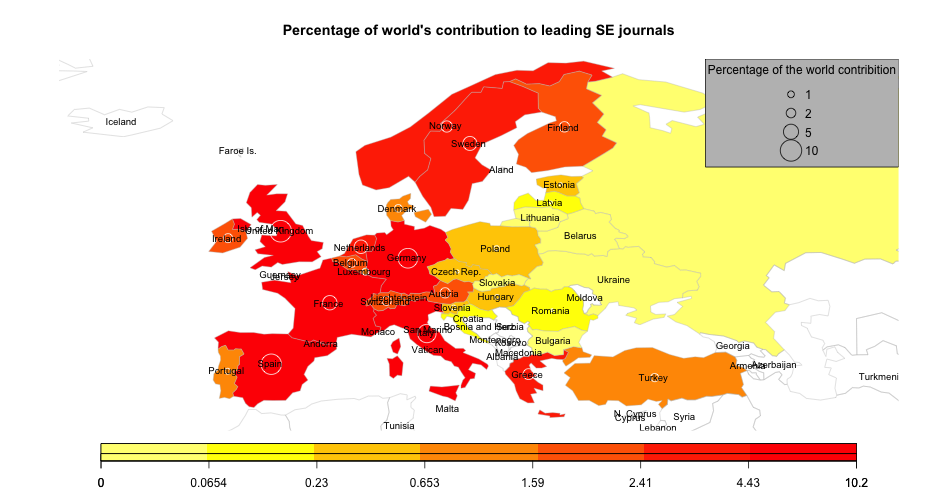This advert is passed on request of Prof. Peter Andras
PhD Studentship in Computer Science
Understanding and modelling emergent functionality in small biological neural systems
Reference Number: EPSAM2014-1
Application Deadline: 15th September 2014
Supervisor: Professor Peter Andras, School of Computing and Mathematics, Keele University
Project description:
The functionality of biological neural systems emerges through the interaction of neurons. Recent technological advances allow the recording and analysis of many neurons individually, making possible the understanding and modelling the emergence of system level functionality in biological neural circuits.
This project will use as model system the stomatogastric ganglion (STG) of brown crabs. The focus will be on the understanding how the roles of neurons may change in response to neuromodulation in the context of changing functional behaviour of the pyloric rhythm neural circuit within the STG. We will use fast voltage-sensitive dye imaging to collect the data about the activity of neurons and computational modelling of these neurons and the impact of neuromodulators on them in order to model and explain the observed activity of the STG. We aim to analyse the roles of apparently functionally equivalent neurons (e.g. two PD neurons, five PY neurons) and model computationally the changes in their functional roles in response to neuromodulation.
The successful candidate will be expected to learn the relevant biological experimental techniques, perform biological experiments, learn the relevant computational modelling techniques, and build and analyse computational models of neurons and neural circuits.
The stipend is £13,863 (2014/15) per year. The studentship is not available for candidates from outside of the EU.
Person specification:
You should have either a First class honours degree in Computing Science, Mathematics, Physics, Biology or other relevant science or engineering subject, or a or 2.1 in Computing Science, Mathematics, Physics, Biology or other relevant science or engineering subject and a distinction level Masters degree in a related subject. Equivalent experience will also be considered.
Application procedure:
You must apply through the University’s online postgraduate application website (http://www.keele.ac.uk/pgresearch/howtoapply/) specifying the reference number EPSAM2014-1 and selecting PhD in Computer Science, as the programme of study. Only mandatory fields need to be completed and a personal statement, CV and (if English is not your first language) a copy of your English language qualifications must be attached. The personal statement must state the title of the studentship, quote the reference number EPSAM2014-1 and describe how your research interests fit with the topic of the research projected outlined in the advertisement (max. 2 pages). If you already have published research papers a list of these providing bibliographic details should be included in the covering letter.
You should also send your personal statement and CV by e-mail to Professor Peter Andras, (p.andras@keele.ac.uk).
Further information:
For further details, please contact Professor Peter Andras ( p.andras@keele.ac.uk), 01782 733412 For general enquiries contact: http://www.keele.ac.uk/pgresearch/howtoapply







